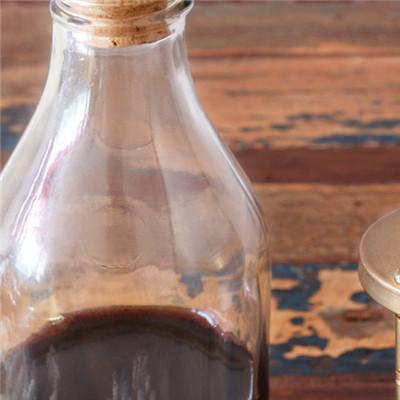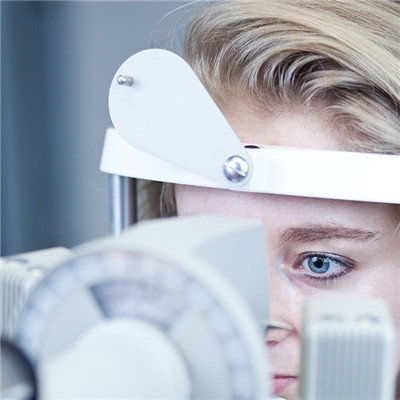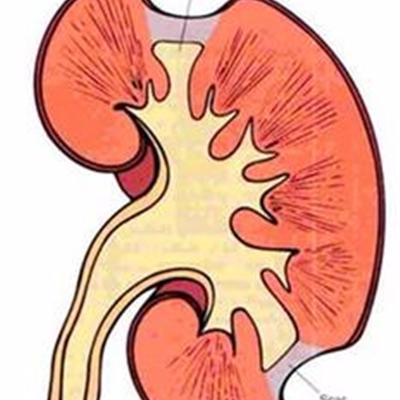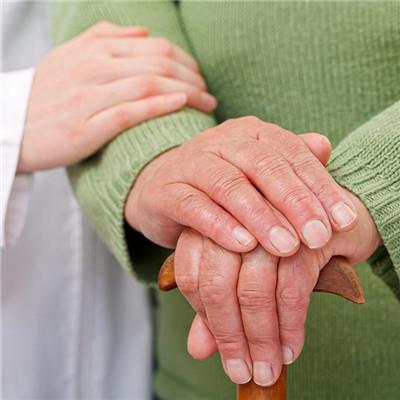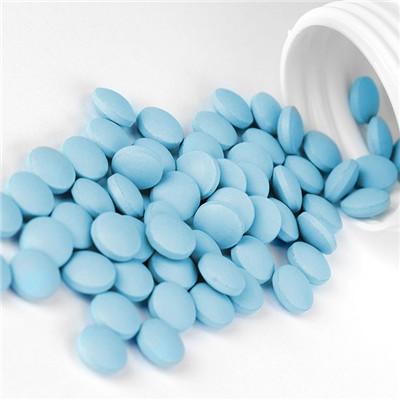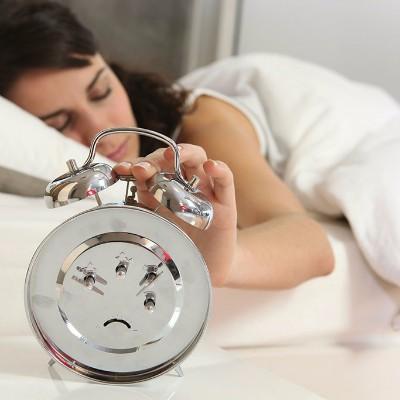How does bedridden old person prevent bedsore?
summary
Bedsore is a common disease, which is mainly caused by improper nursing of patients who stay in bed for a long time. It is important to actively prevent bedsore, and it should be paid attention to turning over in time. Because patients stay in bed for a long time, especially in the pressure parts and bone processes, it is easy to have blood circulation disorder, which will lead to skin damage and so on, Should be two hours need to turn over, hope to be able to pay attention to, pay attention to strengthen the patient's nutrition and the basic quality of the body. How to prevent bedsore when there are bedridden elderly people at home.
How does bedridden old person prevent bedsore?
1. First of all, we should pay attention to turn over frequently, because the most effective and key measure to prevent bedsore is to turn over effectively to relieve local pressure intermittently. General bedridden patients turn over once every 2 hours. If they find that their skin turns red, they should speed up the turn over frequency.
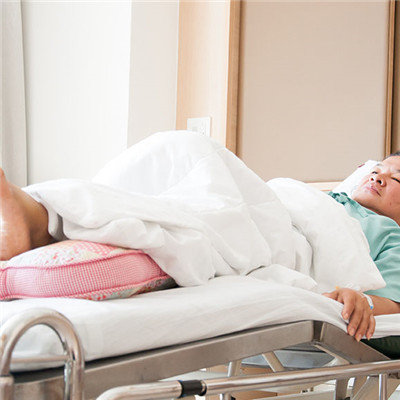
2. Then there is our patient's mattress and sheet, must be breathable, soft and hard moderate, and this water absorption is also good, can use air cushion bed or high density sponge mattress is best, sheet should be pure cotton, in addition, in the sheet can spread a pure cotton bath towel, so it is also easy to replace.

3. There is also that we should all know that it is also very important to keep the skin clean, dry and complete. There are many ways to prevent bedsore. We usually use warm water to take a bath once a day. When scrubbing, we can't use strong irritant detergent, and we can't wipe hard to prevent skin damage.

matters needing attention
Long term bedridden patients' bedding and sheets must be clean, soft and smooth. The mattress of incontinence patients should be changed and washed frequently, and the diapers should be flat and clean. No matter what kind of treatment, patients should pay attention to turning over regularly in the future.

